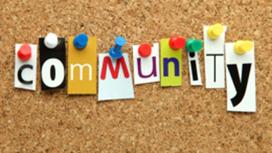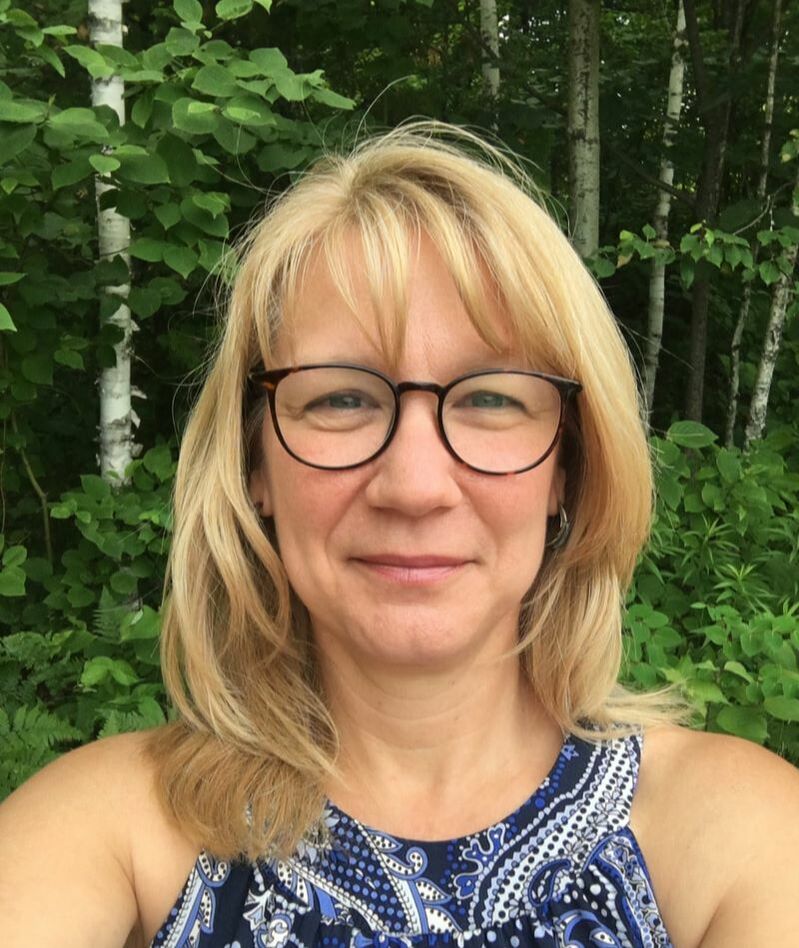
I questioned myself regularly, "So what am I doing there if I do not fit that mold?" My answer settled on a negative and unhealthy refrain: I referred to myself as a fraud. I certainly didn't do this in public. It was just in my own head, my own self-talk. Because that is how I saw myself, I am sure that affected how I engaged in the life of the seminary. For my first two semesters I would drive in to Hyde Park just as my class was starting, slide into my seat, sit quietly and take notes, certainly not make eye-contact with the legitimate students(!), and then escape immediately back out to the suburbs when class was over. I never projected my negative thoughts on the seminary community. I didn't blame them for not including me. I just did what I needed to do and got out of there. At least for that first year.....
I do not know when the shift came, when I began to feel connected to the school and the people. I do know that I began to spend more time in the building and in doing so got to know more people and they got to know me. I tried to pay attention to what was important to the life of the community even if I could not directly participate because my home and work were in Glen Ellyn. I started to attend worship - which as you can imagine at a seminary is central to life there. I eventually found my own sense of place and more importantly I stopped thinking of myself as a fraud, as someone who didn’t belong.
Within my role of Director of Family Ministry at Faith, I lead a relationship workshop for 5th graders and their parents. The conversations with these students focus on qualities of healthy relationships with themselves (no negative self-talk!), their parents, their friends and eventually the people they will date and with whom they will have more intimate relationships. We use a simple formula to facilitate the discussion: trusting relationships = time + vulnerability. We talk about how people need to spend time together to learn about each other, find out what is important about the other and share what is important to them. As people share in more experiences, you then hopefully build trust so that you can open up and be more of your authentic self with the other person.
I think that formula holds up not just for one-on-one relationships but also when we first enter any new community: whether it be a job, family, school or even church. We don't just jump in at the middle of things and immediately feel comfortable with a strong sense of belonging. There is mutual learning over time from both sides. As I think specifically about the church community, I see how important it is to acknowledge the individual nature of the way people will become engaged and find their sense of place. People will participate in different ways. One person's timing will be different from another. One person's willingness to be vulnerable may take longer than others. I think of my own church and our community. As a leader at Faith, I try to model my behavior by what I experienced from the seminary leadership.
-Be present and vulnerable myself.
-Keep inviting.
-Notice people -at some point they will make eye contact back.
-Know that everyone is important to the life of the community even if they do not fit a certain mold.
So the answer to the question of "Who belongs?" is everyone. We all belong as long as we keep an inclusive and flexible idea of belonging. The responsibility resides with everyone: those who feel comfortable and those who are tiptoeing around the edges not making eye contact. Obstacles to belonging can be too easily constructed. It is harder and messier to take the time to build relationships and to trust others. It is also hard to trust ourselves that we really do belong. As I learned years ago and continue to learn, communities -whatever they are- will be stronger as we continue to share our authentic selves with each other.
~Pam
